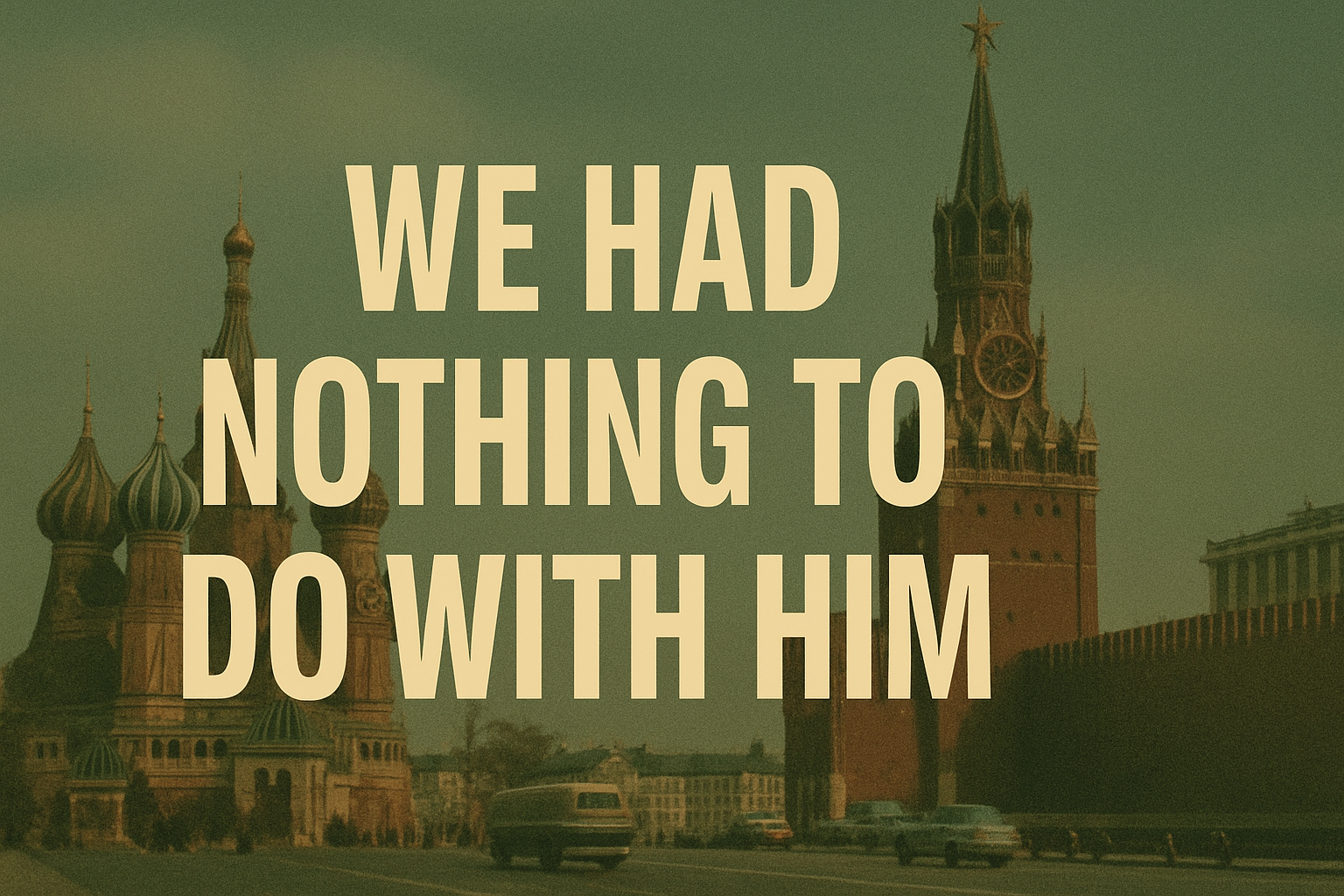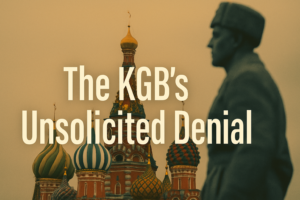Document 180-10131-10325, released in the 2025 JFK files, contains firsthand commentary from Soviet officials responding to U.S. inquiries about Lee Harvey Oswald’s time in the USSR.
The verdict from Moscow was firm: Oswald was isolated, distrusted, and ultimately ignored.
But in the shadow of JFK’s assassination, this post-factum distancing reads more like narrative control than confession.
🏙️ Minsk, 1960: A Problem the Soviets Couldn’t Solve
According to the document, Oswald lived in Minsk but never integrated. KGB officers described him as unstable, overly emotional, and "not the type to be recruited."
In fact, they claimed to have kept him under passive surveillance-not for recruitment, but out of concern.
"He had few contacts. He seemed disillusioned, even erratic."
The Soviets emphasized they never tasked him, trained him, or used him.
🔍 Too Odd to Use-Too Dangerous to Touch
The memo paints Oswald as a political embarrassment-not an asset. Soviet security services, concerned about his behavior, chose to keep him under watch but otherwise let him drift.
He was a defector who brought no value. A would-be spy without a handler. A political chess piece the KGB never wanted to move.
🧾 Damage Control, Not Disclosure
Though the tone is direct, the context is important.
The Soviets were sharing this assessment after the assassination.
It’s a retrospective sanitization: a list of reasons Oswald couldn’t possibly have been involved with them.
Whether true or not, the memo reads like a preemptive alibi.






